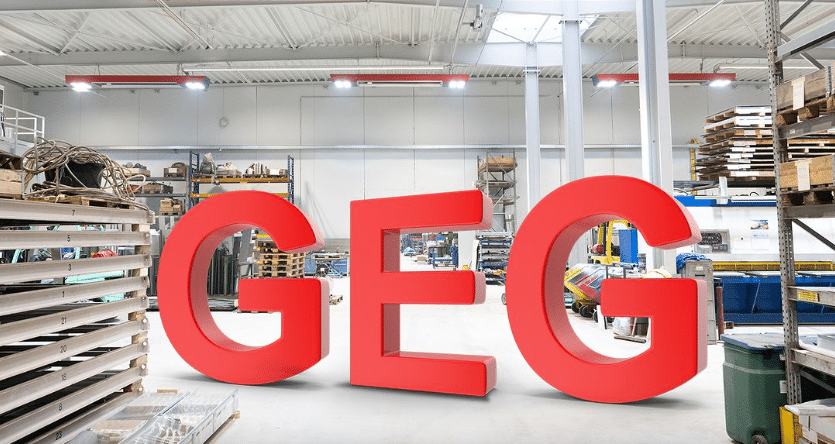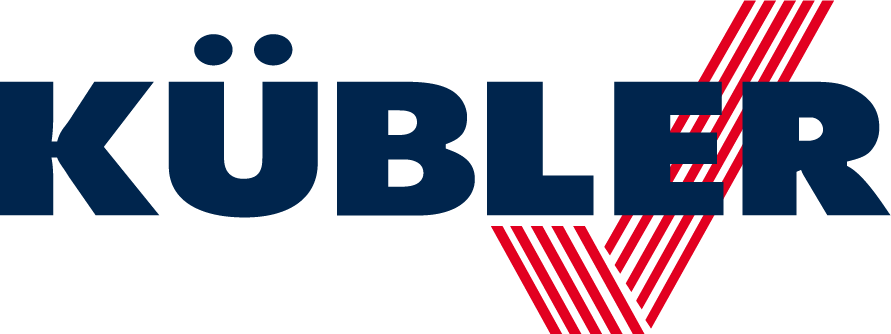
And what does the legislation say?
- The uniform requirement level for primary energy demand and the design of the building envelope for newly constructed buildings corresponds to the currently valid EnEV standard from 01.01.2016. This means that the total primary energy demand must not exceed 75 % of the reference building. Decentralized systems such as the highly efficient KÜBLER gas dark radiators already make a significant contribution here
- Decentrally heated halls (zones) with room heights > 4 m are exempt from the obligation to use renewable energies to cover their own heating and cooling requirements.
This is the right place in the law to take into account the fact that hall buildings have their own heating requirements due to their specific building physics, which can best be met with decentralized heating solutions. This is because the guiding principle of "efficiency before substitution" applies to hall buildings.
Despite the clear legal situation, there are always uncertainties and questions. Where can you find the answers? We have analyzed various sources of information for you and summarized them in a clear guide. In a nutshell.

Here is a small excerpt:
Two aspects are essential:
1. the uniform requirement level for primary energy demand and the design of the building envelope for newly constructed buildings, which will apply from the entry into force of the GEG, corresponds to the currently valid EnEV standard of 01.01.2016. This means that the total primary energy demand must not exceed 75 % of the reference building. Decentralized systems such as KÜBLER's highly efficient gas dark radiators already make a significant contribution here.
Would you like to find out more?


